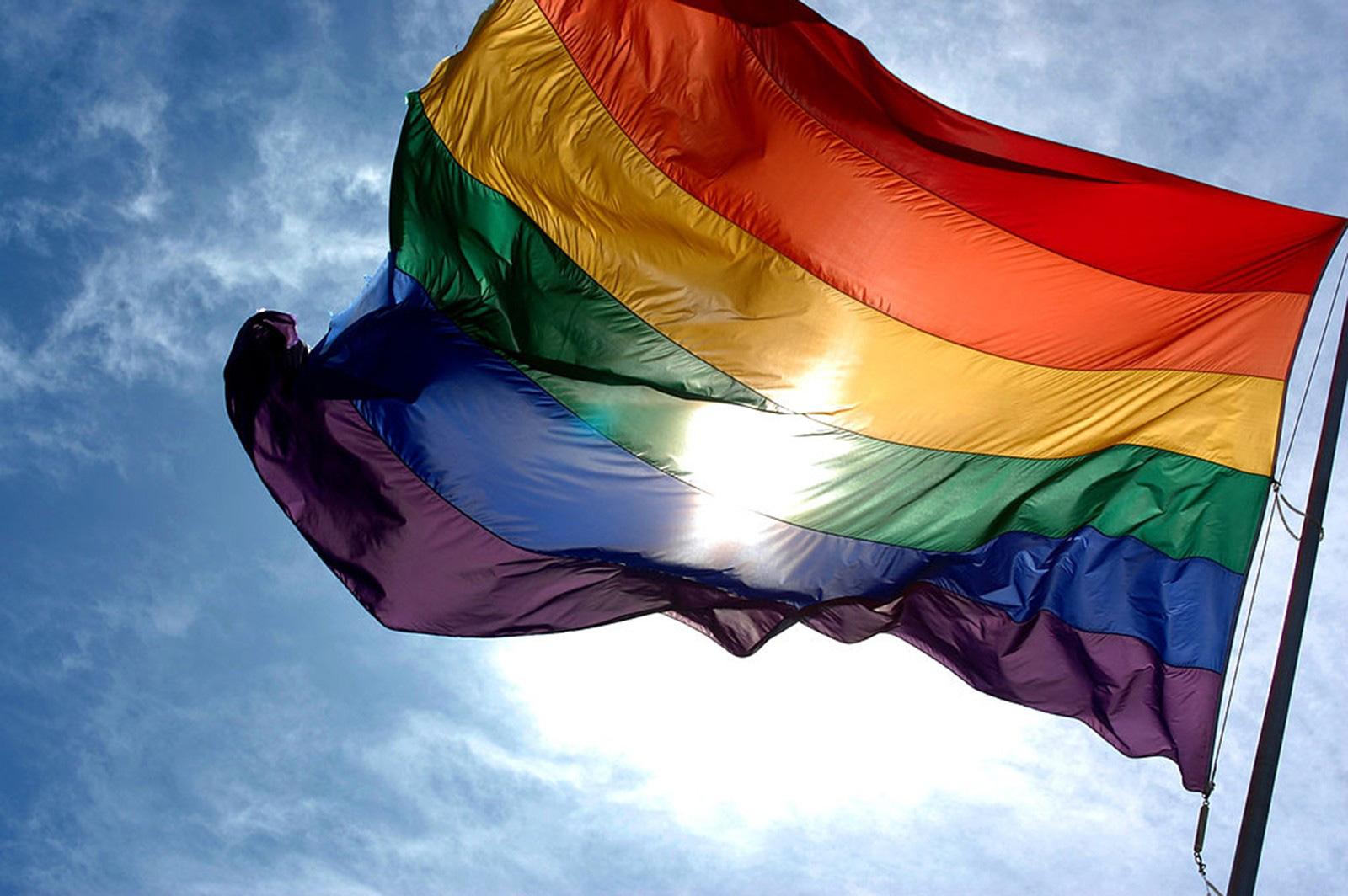Boston research center Fenway Institute released a new policy brief stating the White House “dramatically” expanded discriminatory policies against LGBTQ communities in President Donald Trump’s third year.
The Fenway Institute is an interdisciplinary research and education organization focusing on quality health care access for LGBTQ individuals and those affected by HIV/AIDS. Its findings state that in 2019, the Trump administration broadened policies harming the health and wellbeing of LGBTQ people in America.

The administration has rolled back provisions that prevent discrimination in health care, employment and housing based on sexual orientation and gender identity, according to the release. It has also expanded religious refusal policies — which permit doctors to refuse service to patients based on religious beliefs.
Sean Cahill, director of health policy research at the Fenway Institute, said in the press release the most dramatic examples have been the deaths of two transgender women last year who had sought asylum in the U.S. They were detained in facilities that are now being sued for alleged abuse of LGBTQ migrants.
“Other moves,” Cahill said, “have made LGBT people and people living with HIV much more vulnerable to discrimination in health care, social services, employment, education, and access to basic government services.”
Two of the Trump administration’s initiatives to improve conditions for LGBTQ communities were impaired by his anti-LGBTQ policies, according to the press release, including an initiative to combat HIV and a global campaign launched in February to end the criminalization of homosexuality.
Corey Prachniak-Rincon, director of the Massachusetts Commission on LGBTQ Youth, said in an interview these policies have raised concerns regarding their impact on LGBTQ youth.
“Some of the things that we’ve been really concerned about have been around religious objections and the blocking of data collection on LGBTQ youth,” Prachniak-Rincon said. “Things like discrimination against immigrants, people of color and religious-based discrimination also play into the concerns that we hear about from the LGBTQ community across the state.”
Prachniak-Rincon said those who harbor opinions on these policies should weigh in through public comment.
“As someone who represents a state agency, I think providing comments on federal rule changes is one small way that people can get involved anytime that the federal government wants to change something,” Prachniak-Rincon said. “So if people are opposed to those policies, then that’s one way that they can make their voices heard.”
Prachniak-Rincon said those who wish to counter White House policies that disadvantage LGBTQ individuals can work at the local level with organizations to promote LGBTQ health.
“We work in terms of policy at the state level for folks who are interested in joining us in that,” Prachniak-Rincon said. “And I think that there’s a lot that we can do at the state to counteract some of the discriminatory policies and attitudes that are coming out of this administration.”
Caroline Barry, 28, of Beacon Hill said although she was unfamiliar with the Trump administration’s LGBTQ policies, she believes this community is faced with challenges regardless.
“Yeah, discrimination is still a lot of what is going on lately,” Barry said, “and they are a group that is mistreated a lot.”
Ting Suan Lee, 25, of Fenway said he believes what’s most important is that the LGBTQ community feels free in their identities.
“It is about the freedom to be whoever they want to be,” Lee said. “And LGBTQ is a part of who we are. They are free to be whoever they want.”



















































































































